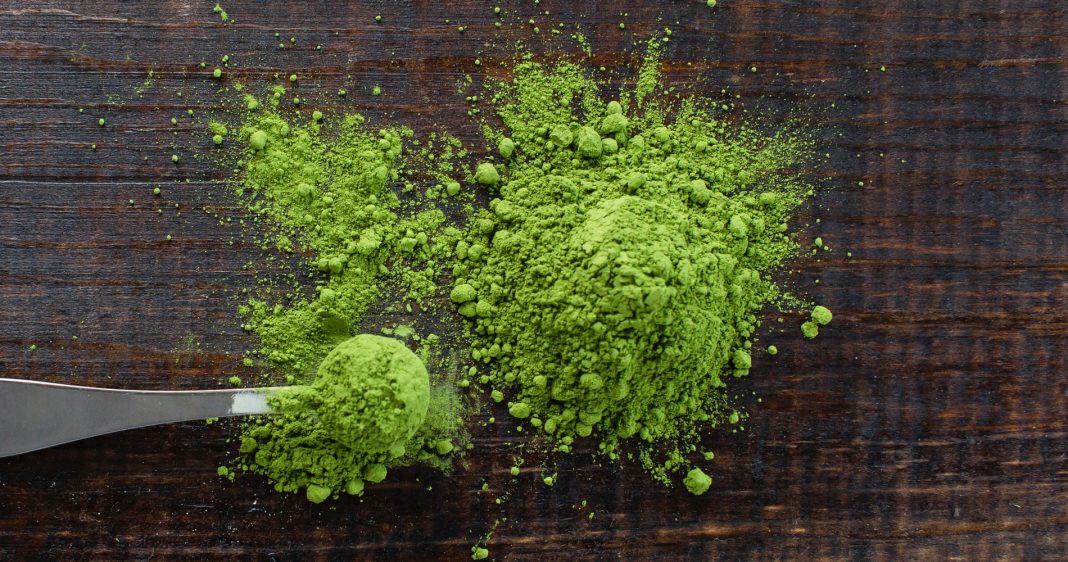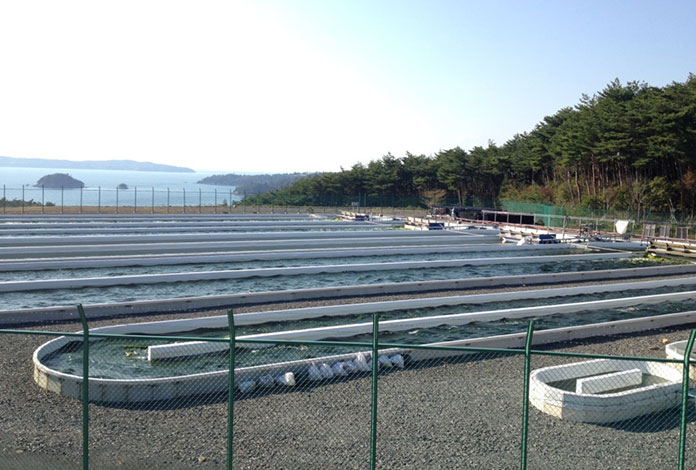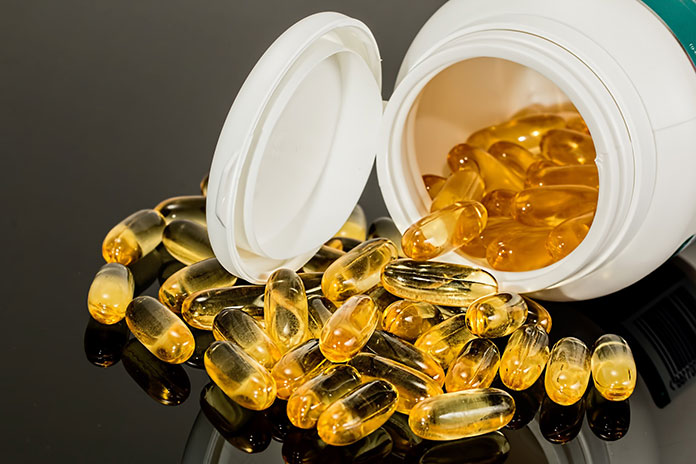Highly sustainable, rich in numerous health-beneficial compounds and a great protein source. As we become more mindful of our planet’s and our own health, microalgae seems to be an ingredient full of promise. Could it be the food of the future?
The most ideal and 100% sustainable food for mankind
Microalgae, also known as phytoplankton, is the first natural food. With an estimated number of species ranging from 200,000 to 800,000, these uni-cellular organisms –with size as small as 0.2μm– accumulate exceptional nutrients for both humans and animals. Although their nutritional value can vary depending on their cell size, digestibility, production of toxic compounds and biochemical composition, their major organic constituents are protein, lipids (omega-3 fatty acids) and carbohydrates.
Besides its exceptional nutritional value, microalgae is 100% sustainable, meaning it is abundant, autotrophic and renewable. As it grows by photosynthesis, it uses solar energy, consumes carbon dioxide (CO2) and releases oxygen –in fact, every ton of algae consumes up to 1.8 tons of CO2.
In addition, microalgae grows 10 times more rapidly than terrestrial plants, while less than a tenth of the land is needed to produce an equivalent amount of biomass. It can be cultivated in non-productive and non-arable land and it can use fresh, brackish, saline or wastewater, and does not need any fertilizers.
Algal protein: a winner by all means
Protein is the primary source of amino acids, particularly the essential amino acids, which cannot be synthesized in the body, and are required for growth, development, and maintenance of human health. In the European Union, the recommended daily allowance of protein for adults to maintain the body’s nitrogen balance is 0.66 g/kg body weight per day.
In most European countries, the main source for the dietary protein intake in adults is meat and meat-based products, followed by grains and grain-based products, milk and dairy products. However, current sources of proteins are not enough to cover the world needs. By 2050, the world needs to produce 50% more food and 70% more protein to feed 9 billion people (UN/FAO).
The protein content of many microalgal species can compete, quantitatively and qualitatively, with conventional protein sources. In terms of quantity, several species of microalgae are reported to possess very high concentrations of protein, ranging from 42% to over 70%. In terms of quality, microalgae contain all of the essential amino acids that mammals are unable to synthesize.
In addition, protein production from microalgae is much more efficient and sustainable compared to other sources. Animal protein sources consume 100 times more water compared to plant sources for equivalent protein extraction, while protein yield from microalgae is reported at 4–15 tons/Ha/year compared to terrestrial crops production of 1.1 tons, 1–2 tons and 0.6–1.2 tons/Ha/year for wheat, pulse legumes and soybean respectively.
“Protein from microalgae is 100% vegan and free from gluten, lactose and GMO. It is organic, hypoallergenic and highly digestible, thanks to the natural polysaccharides and fibers present in microalgae.”
Algal omega-3 vs. fish oil: what’s the difference?
Although fish has been the major source of omega-3, global interest has been shifting towards microalgae. The depleting fish population and drawbacks intrinsic to fish, such as limited expiry date, existence of impurities (e.g. heavy metals), microplastic pollution and other ocean stressors are growing the burden of the fish market. According to estimates, in 2030 there will be a shortage of 50.6 million tons of fish for human consumption.
Microalgae are exceptional sources of fatty acids, especially the long-chain polyunsaturated fatty acids (PUFAs) such as γ-linolenic acid, arachidonic acid, eicosapentaenoic acid (EPA) and docosahexaenoic acid (DHA). Due to their rapid growth rate, microalgae can produce 10–100 times more oil than terrestrial oilseed plants.
The use of microalgal oils in the diet, especially those that are rich in EPA and DHA, has been demonstrated to induce beneficial effects against inflammation, lower blood pressure and support circulation, reduce risk for heart diseases, aid normal brain and eye development in babies, protect mental health and have chemopreventive properties.
Although the current wholesale market price for algal omega-3 oil is higher than the fish oil, the algal oil quality is highly superior to fish oil, because it has lower levels of contamination from toxic pollutants, has a better quality profile of fatty acids and sensory properties.
Swiss investors set up the first-of-its kind microalgae cultivation in Greece
Nano Algae Solutions AG, a Swiss Holding company, is currently investing €30 million in the installation of a large-scale open-pond cultivation and biorefinery and production plant in Greece for the commercial production of microalgae and microalgal high value products. The annual production is estimated to reach 1,200 tons of dry powder yearly. Nano Algae Solutions has already spent over €1 million in R&D work in Greece for the development of novel, robust and efficient biorefinery patented technologies that enable the production of deodorized high purity EPA omega-3 oil and 0% fat high quality protein, containing all essential amino acids, especially the three branched chain amino acids (BCAAs) – leucine (score higher than Chlorella, Spirulina and Euglena), isoleucine and valine, which cannot be synthesized in the human body, but have tremendous benefits for human health. The company targets the Food & Beverage, health supplementation, sports nutrition, pharmaceutical, cosmetics and aquaculture markets in Europe and Asia.
“Why Greece?” one might ask. Ms Maria Andrielou, Head of Marketing & Corporate Communication at Nano Algae Solutions AG/ Plankton First S.A. explains that “Greece fulfils the required environmental and climate conditions for the production of the specific microalgae strain, which needs abundant sunlight and cool water temperature during summertime. The company envisages to make Greece a European hub for microalgae production and give Greece a prominent position into the European bioeconomy map for a greener and healthier world.”
The Greek daughter company is called Plankton First S.A. and its website will soon be released at www.planktonfirst.com.


















 A €30 million Swiss investment for the installation of a large-scale microalgae cultivation, biorefinery and production plant in Greece is currently in the works.
A €30 million Swiss investment for the installation of a large-scale microalgae cultivation, biorefinery and production plant in Greece is currently in the works.  Microalgae are a major source of EPA and DHA oil that can support human health.
Microalgae are a major source of EPA and DHA oil that can support human health.
